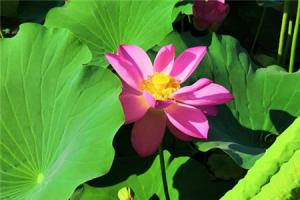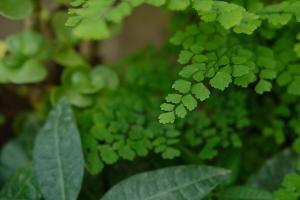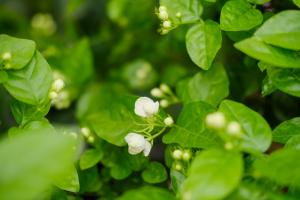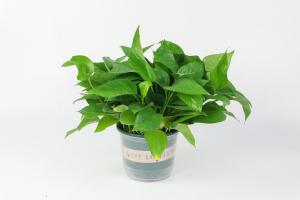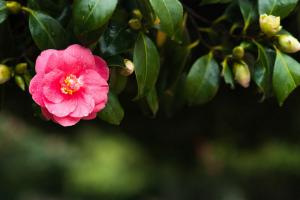When Do You Stop Watering Tomato Plants?
Tomatoes are one of the most popular plants grown in home gardens, and for good reason. They are easy to grow, produce delicious fruit, and are packed with vitamins and antioxidants. However, caring for tomato plants can be a bit tricky, especially when it comes to watering. In this article, we will discuss when you should stop watering tomato plants to ensure that you get the best yield and the healthiest plants possible.
Understanding the Water Needs of Tomato Plants
Tomato plants require consistent moisture to thrive, but not too much water. Too much water can lead to root rot, while too little water can cause the plant to wilt and become stressed. The best way to determine how often you should water your tomato plants is to check the moisture level of the soil.
Stick your finger about two inches into the soil, and if it feels dry, it is time to water. If the soil feels moist, wait a day or so before checking again. In general, tomato plants should be watered deeply once a week, but this can vary depending on your location, soil type, and weather conditions.
When to Stop Watering Tomato Plants
The key to knowing when to stop watering tomato plants is to pay attention to the growing cycle. As the tomato plants start to mature and produce fruit, the need for water decreases. This is because the plant is no longer growing as rapidly and is putting more energy into producing fruit.
In general, you should stop watering tomato plants about two weeks before the first expected frost. This allows the plant to gradually prepare for the end of the season and will help it develop better fruit. If you live in an area with mild winters, you may be able to continue watering your tomato plants until the first frost, but it is important to monitor the soil moisture level and reduce watering as needed.
Tips for Watering Tomato Plants
When watering tomato plants, there are a few tips to keep in mind to ensure that you are providing the right amount of water:
Water deeply once a week or as needed
Avoid getting water on the leaves, which can lead to disease
Use a soaker hose or drip irrigation to deliver water directly to the soil
Water in the morning or evening to avoid evaporation
Avoid watering during periods of heavy rain or high humidity
By following these tips and monitoring your tomato plants closely, you can ensure that they get the right amount of water and produce healthy, delicious fruit.
In Conclusion
Knowing when to stop watering tomato plants is essential to their successful growth and fruit production. By paying attention to the growing cycle and soil moisture levels, you can ensure that your tomato plants get the right amount of water and develop into healthy, productive plants.
Tomatoes are a wonderful addition to any home garden, but they require care and attention to get the best results. Follow these tips for watering your tomato plants, and you will be rewarded with a bountiful harvest of delicious, homegrown tomatoes.

 how many times do yo...
how many times do yo... how many planted tre...
how many planted tre... how many pine trees ...
how many pine trees ... how many pecan trees...
how many pecan trees... how many plants comp...
how many plants comp... how many plants can ...
how many plants can ... how many plants and ...
how many plants and ... how many pepper plan...
how many pepper plan...
